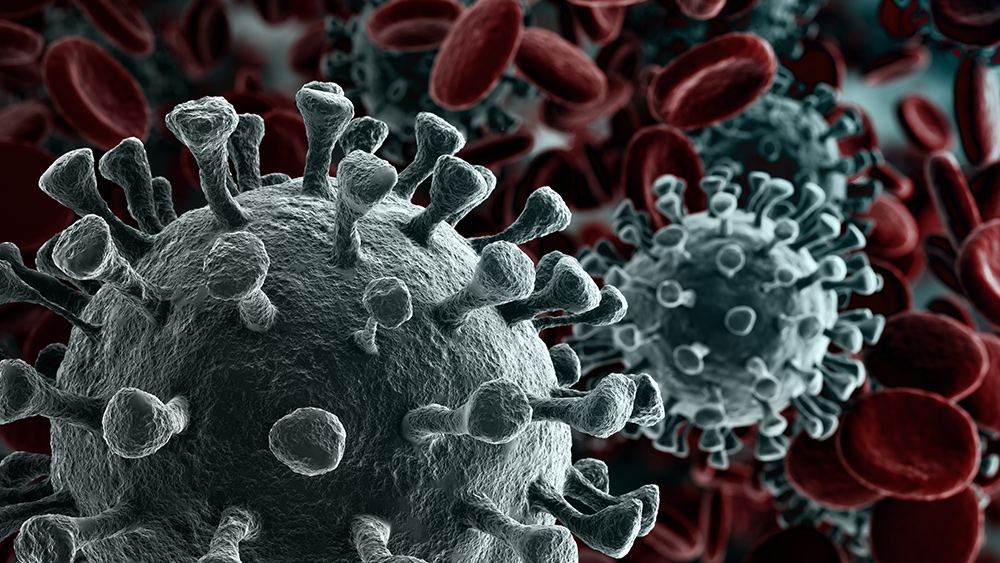Scientists suggest tracking gut bacteria can help determine possible health risks in patients
02/10/2020 / By Arsenio Toledo

Three major studies have all agreed that tracking gut bacteria potentially holds the key to quickly spotting many health conditions. The researchers believe that examining how the “microbial zoo” of the gut changes can help determine who’s at risk of several conditions related to the microbiome. Three of the conditions that were tested in the studies were preterm birth, inflammatory bowel disease (IBD) and diabetes.
Dr. Lita Proctor, a researcher at the National Institutes of Health (NIH), oversaw the research and said that the instability of the gut microbiome can be an early warning sign for the body that something has gone wrong.
Plenty of studies have cataloged the many different microbes that live in the gut. However, that data doesn’t tell much about what jobs they perform; what they do in the face of an infection; and other long-term changes to a person’s health. The three NIH-funded studies were tasked with tracking three different microbiome-related health conditions to figure out exactly what they do to the microbes in the hopes of finding answers. (Related: Is a healthier gut microbiome the master key to longevity?)
Preterm birth
Researchers from the Virginia Commonwealth University tracked nearly 600 pregnancies for their study, which was published in the journal Nature Medicine. They found that women who had lower than normal levels of the Lactobacillus bacteria L. crispatus were more likely to deliver their baby prematurely, especially among African American women. The levels of L. crispatus in women can be measured as early as during their first trimester. Furthermore, the women who were more likely to deliver preterm also harbored higher levels of other bacteria, such as Sneathia amnii, that are linked to other conditions such as inflammation.
IBD
A team led by researchers from Harvard spent a year tracking 132 people who had different kinds of IBDs such as Crohn’s disease, as well as healthy people for comparison. Every two weeks, they examined the stool samples of the study participants and checked how exactly their body’s microbes affected their immune system and their metabolism. Many inflammatory bowel diseases come in cycles where they go into remission and then return to an active state. To the surprise of the researchers, who published their study in the journal Nature, a person’s gut microbiome would change radically several weeks before their IBD began flaring up. While these changes vary depending on the disease, they can all be tracked and can provide people with a guide for how to avoid problems before they even arise.
Diabetes
A Stanford University-led research team kept tabs on 106 healthy and pre-diabetic people for four years. Around 10 percent of the pre-diabetic participants would go on to develop diabetes during the study. They did quarterly tests for changes in the microbial, molecular and genetic activity of the participants, and they also tested a participant whenever they catch a respiratory infection. They even did testing when the volunteers were deliberately ordered to gain or lose weight. During the course of the study the researchers found a whole list of microbial early warning signs for diabetes. Furthermore, they even found that people who were more insulin-resistant had delayed immune responses to respiratory infections.
This whole project is known as the Human Microbiome Project and Dr. Ken Cadwell, immunologist from NYU Langone Health, said that the studies support the project by giving it “an amazing and overwhelming amount of data.” While more research is needed, the current studies at the very least provide more insight into how tracking changes in the gut can help people predict whether they’re at risk of different health concerns.
Sources include:
Tagged Under: diabetes, digestion, discoveries, Diseases, gut bacteria, gut health, gut microbiome, inflammatory bowel disease, Prediabetes, premature birth, preterm birth, prevention, probiotics, research



















